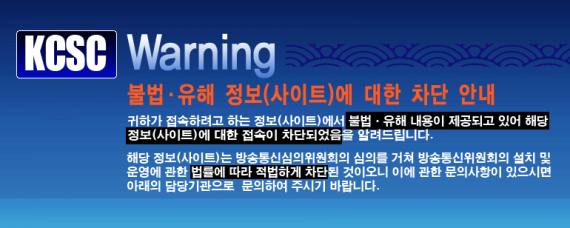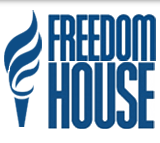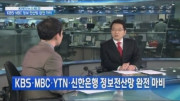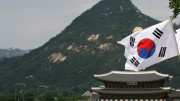Despite living in one of the most wired societies in the world, South Korean Internet users enjoy a “partly free” Internet due to government censorship of content, according to the results of a global survey on Internet freedom.
Censorship of content, which includes many websites that carry North Korean content, has shot up in recent years.
The government’s own figures show 25,706 items were blocked in the first six months of 2013, compared to 39,296 sites in all of 2012. Five years ago in 2008, just 4,731 sites were blocked.
The censorship led Freedom House to score the country 32 points in its annual Internet freedom ranking. The score runs from 0 to 100 with a lower number signifying more freedom. South Korea’s score is a rise of 2 points from its score of 34 points last year.
The nation comes in position 20 on the ranking of 60 countries, equal with Brazil. North Korea is not included in the survey.
The score partly reflected the South Korean government’s attitude towards North Korean content.
Users are blocked from viewing websites based in North Korea or many of the pro-regime sites based in other countries. Censorship is particularly strong of Korean-language content and mirrors the government jamming or North Korean radio signals, much of which takes place under the name of the National Security Law.
Attempts to access banned content are re-directed to a “warning” page.

The Korea Communications Standards Commission’s website presented to Internet users who attempt to access censored websites.
The report includes an outline of the online review and censorship process carried out by the Korea Communications and Standards Commission.
Meetings are held every two weeks at which commissioners discuss flagged cases, which include content found by monitors and submitted by Internet users. The content runs the gamut from pornography to political discussion and the commissioners make recommendations on what should be deleted or blocked. Compliance is almost universal, even though the recommendations are not legally binding.




